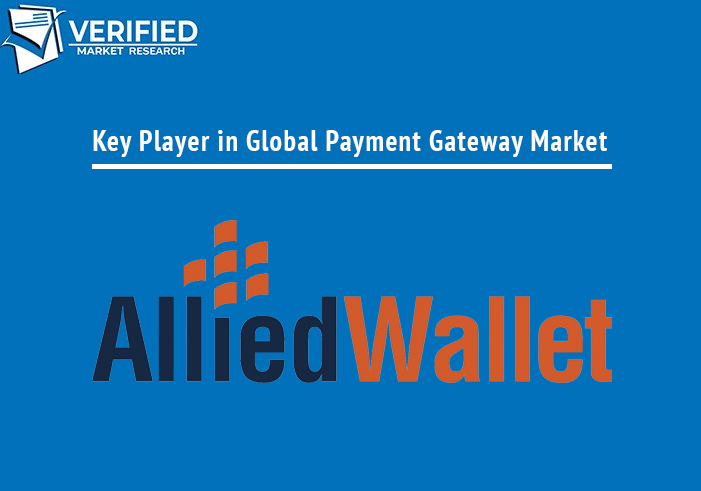What? I can open up my phone, see how those shoes, in 3D, go with what I’m currently wearing, and then purchase them—using my face? How did this happen?
Just two decades ago, e-commerce (electronic commerce) meant occasionally purchasing items from the internet with a credit card or paying bills online using the routing information from your bank. From 1995 to 2005, online merchants, like Amazon, eBay, and Etsy, took e-commerce to an entirely new level with new product choices and payment options. Shopping online quickly became the norm rather than the occasion. In 1998, PayPal introduced an online money transfer system that allowed consumers to access a preferred funds account with one-click. This accessibility not only reduced the hassle and security risk of entering credit card information for each transaction, but it also allowed merchants and individuals to send and receive payments from their mobile devices or desktop computers.
In 2010 Square entered the scene. Square is an online payments platform that allows small businesses and mobile merchants to accept debit or credit cards using a mobile swipe device for their tablet or phone. Merchants no longer needed a storefront or cash register and could accept payments from anywhere. In 2012, Apple Pay and the eWallet emerged, allowing consumers to leave their plastic credit cards at home and use their smartphone mobile apps or eWallet apps to make online or onsite (brick-and-mortar) purchases. The buyer is authenticated by scanning their eWallet account’s barcode or their fingertips for biometric authentication. Now, Amazon is leading several companies in the move toward facial recognition authentication.
The Industry Trends
The e-commerce industry is now experiencing trends in product customization and visualization. With product customization, the buyer can interact with preset recommendations from the merchant to create a visual configuration of the product. Product visualization allows consumers to superimpose a 3D version of the product in their real-time environment using augmented reality (AR) from their mobile device. With virtual reality (VR) visualization, the customer can immerse themselves in a virtual experience of a product or an entire store through a VR headset.
E-commerce trends and new technology have caused payment processing to sprout up all over the globe. One such company is Allied Wallet, a global payment processing solution that is staying at the forefront of the digital retail industry.

The Founder
Founder and CEO Andy Khawaja started Allied Wallet in 2006 with the idea that e-commerce could connect entrepreneurs and consumers from all over the world. Digital payment methods could then enable them to buy and sell from online storefronts using digital payment methods. By building a business around customer needs and innovative technologies, Allied Wallet now processes internet transactions for over 125 million users across 196 countries around the world.
Andy Khawaja started conceptualizing Allied Wallet well before any online payment processing companies existed. The most an online business could do to promote sales was to provide product or service information via text and photos, and then point the consumer to the company’s physical address. The idea that one could select a product; read online reviews; specify size, quantity, or color; put the product in an online shopping cart; provide credit card and shipping information; and then have the product delivered to their door within a few days—all without leaving the comfort of home—was still a fantasy. First of all, there was consumer behavior to consider. Was anybody going to feel comfortable putting their credit card information on the world wide web? Or purchase something without seeing or touching it? How about trusting that their money would make it to the vendor, or that the product would even be sent? In other words, how could a consumer feel “secure” about the whole transaction? Even more challenging, how would technology establish and ensure that security? Allied Wallet rose to that challenge (Bloomberg).
In a 2017 interview in The World Financial Review, Khawaja states, “the whole engine [driver] for Allied Wallet from the start was security, to secure credit card data and credit card numbers and make sure there would be no fraud taking place and that consumer identity is 110% protected.”This was no small feat across a global market.

Allied Wallet as an APM
Allied Wallet, now the leading provider of alternative payment methods (APMs), offers a variety of payment processing and support products, including a mobile point of sale service (mPOS), reloadable prepaid cards that can tie into Allied’s secure digital wallet app, eWallet, and a NextGen Payment Gateway that can process 164 currencies in over 196 countries. Allied Wallet also provides customizable APIs (application programming interface) that allow businesses to easily integrate with their e-commerce service of choice—a necessity when it comes to the diverse compliance and security needs across 196 countries.
In an April 2019 interview with Fintech News, Khawaja attributed a great part of Allied Wallet’s success to having more features and payment services than any other competitor.
“The reason for this is because we focus on the e-commerce market as a whole. We focus on ‘global’. We offer all the industry leading functionality within our NextGen Payment Gateway, but we also accept more alternative payment methods globally than anyone else. It’s countless how many we accept in other countries and the reason for this is because they all have different needs based on their culture.”
The e-commerce industry has grown at a tremendous rate over the past few years, boasting approximately 1.8 billion worldwide consumers and$2.86 trillion in sales for 2018. Allied Wallet is doing everything right to perpetuate this growth worldwide.
In a 2016 study by Verified Market Research, Allied Wallet’s value was estimated at $10.21 billion and projected to increase by over 14% over the next six years. With Andy Khawaja’s new title of “the 18-billion-dollar man,” it is clear that the fast-growing e-commerce company has greatly surpassed that projection. Allied Wallet is predicted to go public in 2019.


